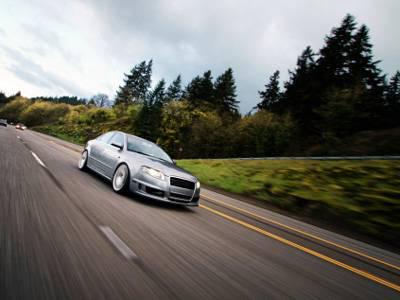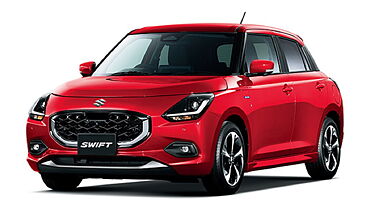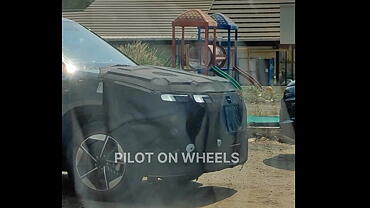As fatal deaths in road accidents in the country are rising by the day, the country's road safety authorities are rather working on implementing strong clearance norms to validate the car's safety. Reportedly, the Indian government is in talks with the prominent auto industry members in an attempt to make roads safer and save lives. Car-makers in the country have been ignoring a majority of safety features in an attempt to keep the price under check, but this time around the Government does not seem to be in any mood to offer relaxation or compromise in terms of safety.

As part of a basic mandatory test, cars are expected to undergo a frontal impact at speeds of about 56 km/hr. To this, many car-makers have argued that they have already put their vehicles to this test before launching it in the market. But there are no government agencies that have such facilities in India. To ensure that safety issues are taken seriously, Government is planning to set-up frontal crash test centers in Gurgaon and Pune sometime soon. Apart from this, it may also be mandatory for all cars to have airbags and ABS as a standard feature. Reportedly, talks have also been going on for introducing further safety measures like child restrain feature and ESC in all cars.
The Government shall give ample time for the car-makers to implement the changes and the deadline is expected to be by 2017. New Car Assessment Programme (NCAP) norms are expected to be in place in next few months. A senior official from the transport ministry said, “We will give the manufacturers enough time for transition to ensure that there is complete compliance.” The standards would be set based on local conditions and shall be based on star rating defined in the range of 1 - 5.


























